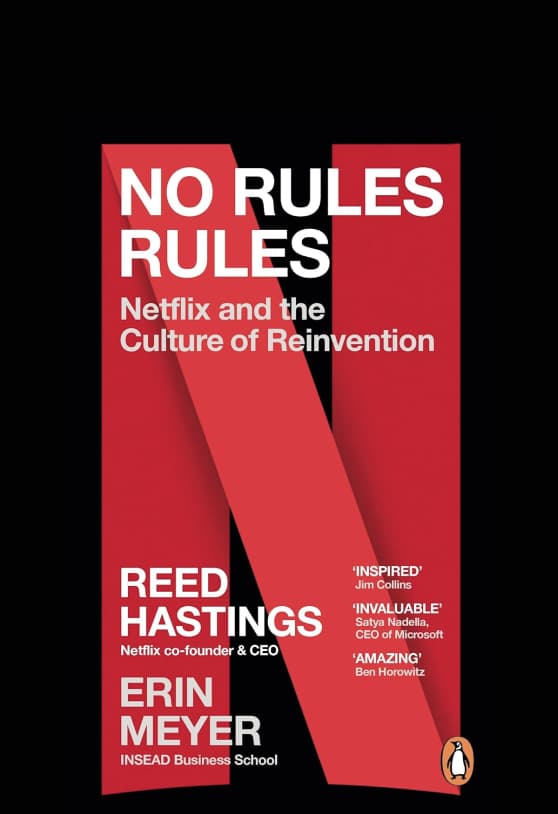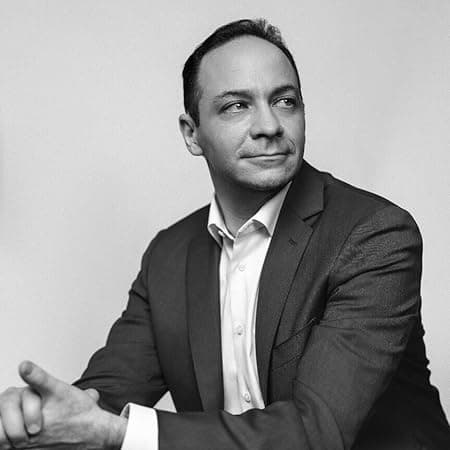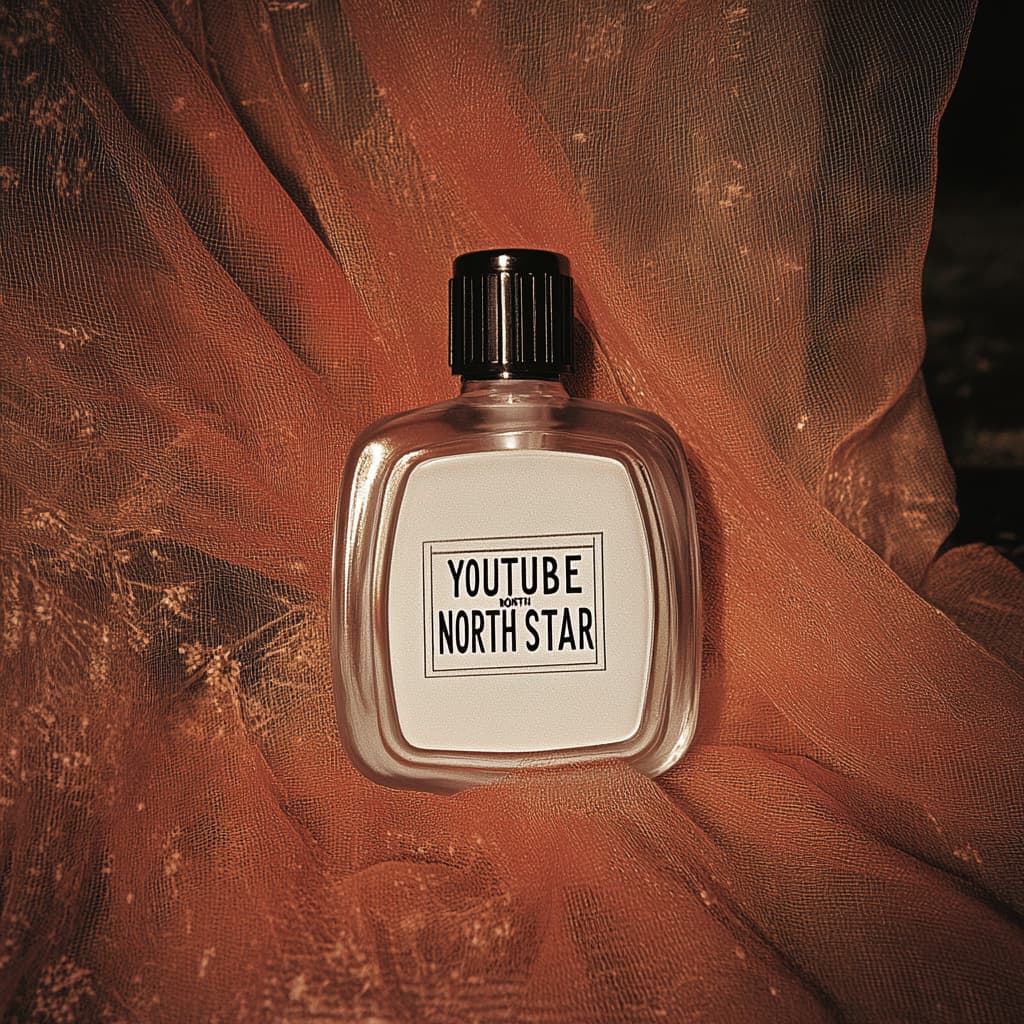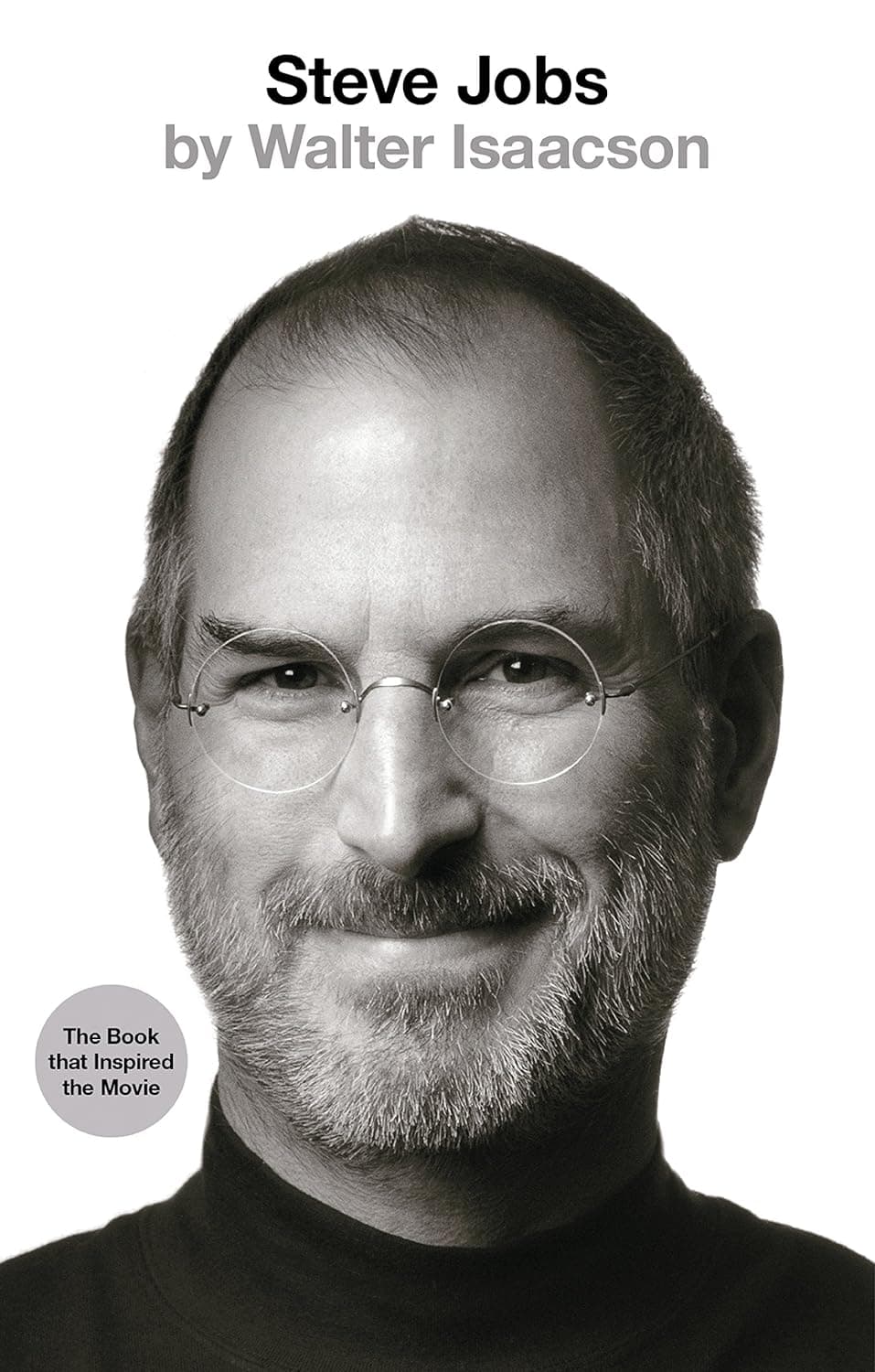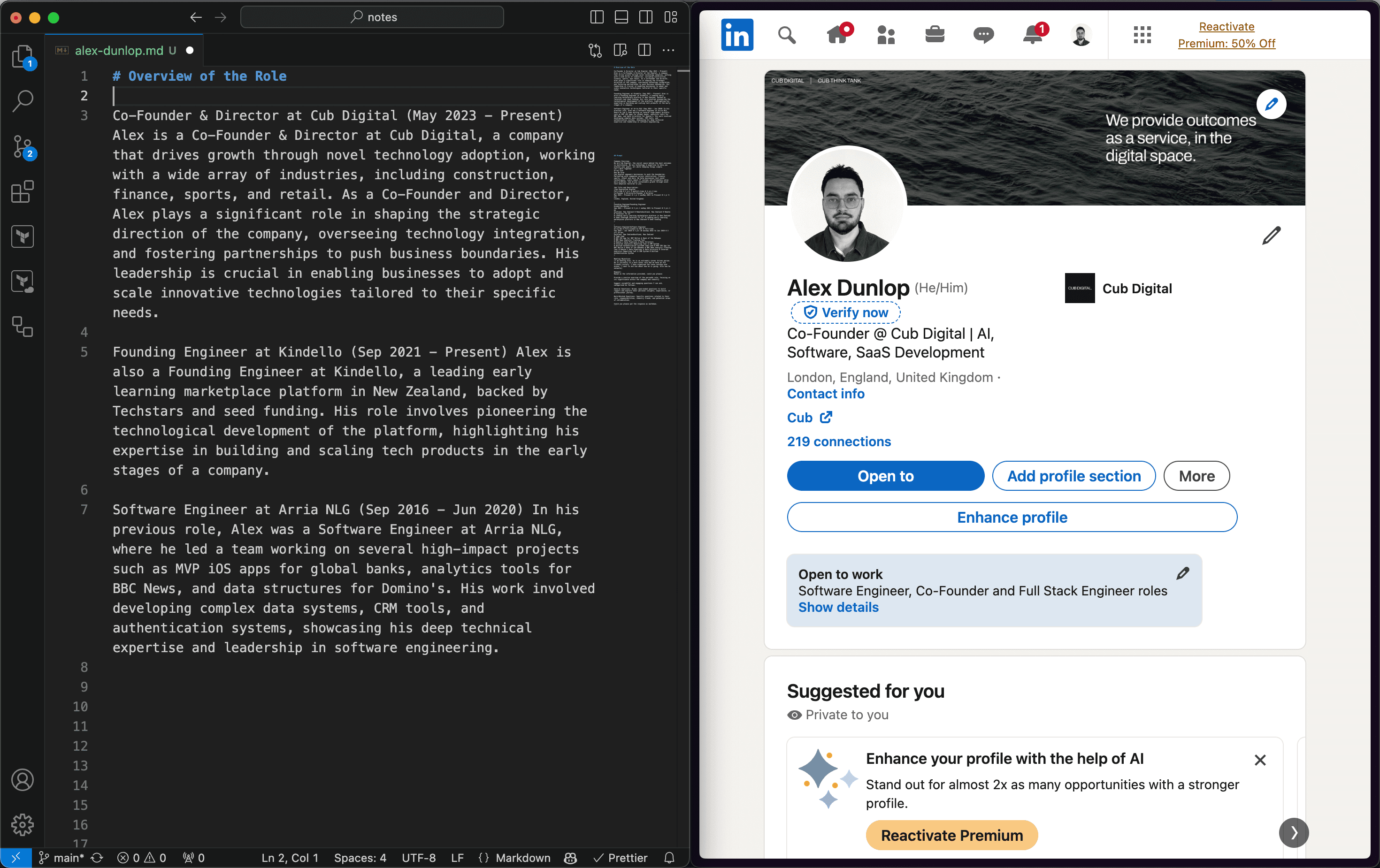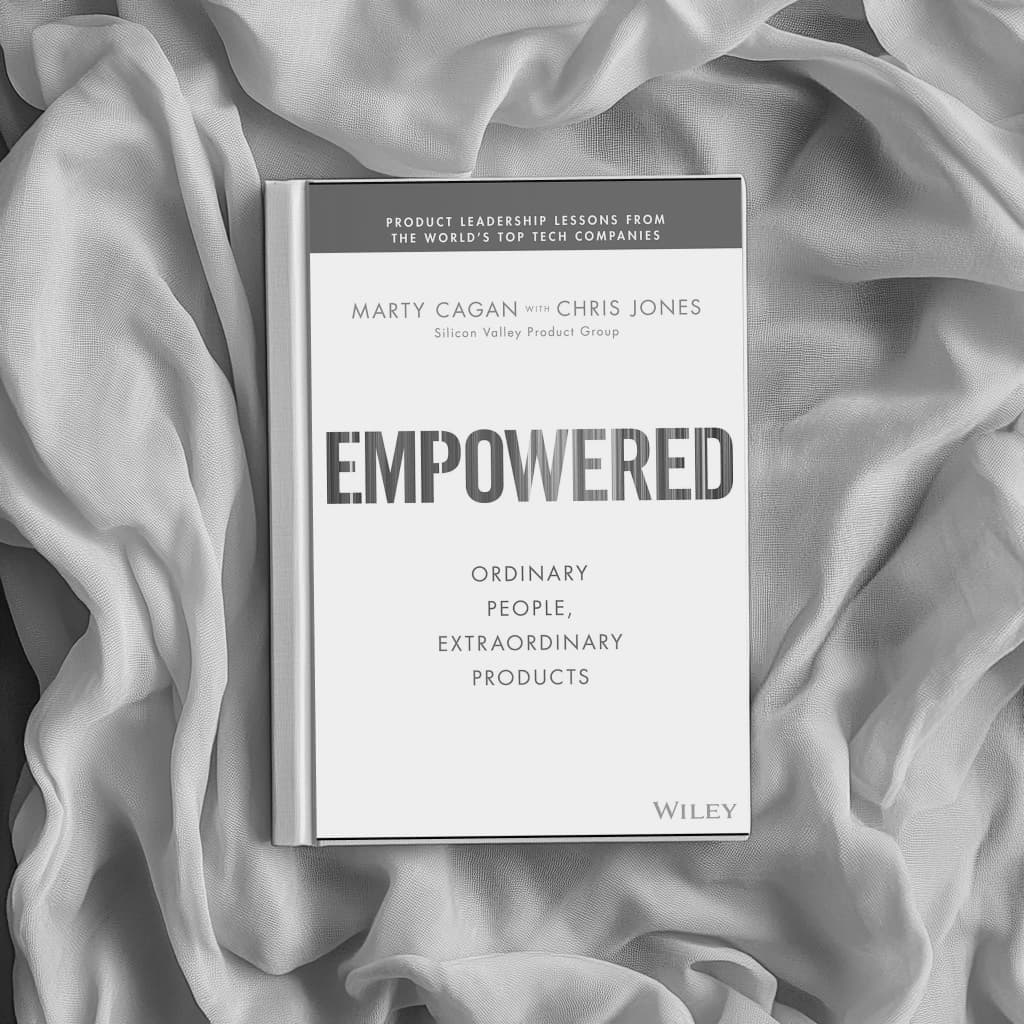Best Place to work

GET THE #1 EMAIL FOR EXECUTIVES
Subscribe to get the weekly email newsletter loved by 1000+ executives. It's FREE!
Summary
“The Best Place to Work: The Art and Science of Creating an Extraordinary Workplace” by Ron Friedman is a deep dive into what makes a workplace great. Friedman, a psychologist and business consultant, combines scientific research with practical insights to explore how companies can create environments where employees thrive.
This book is not just about perks like free snacks or ping-pong tables; it’s about creating a culture that fosters creativity, productivity, and genuine happiness. It is particularly interesting as it combines design, psychology, business strategy, and leadership elements which I found a particularly interesting intersection.
Friedman covers everything from natural light and office space layout to the importance of best friends at work, the book is a rounded guide to building the best workplace.
Who should read this:
It is a must-read for anyone who runs a company or those involved directly with HR, but It would be a good read for anyone who has influence over people, places or culture, including those who work with any of the above.
Key Ideas


The Power of Purpose: Employees need to feel that their work has meaning and contributes to something bigger than themselves. Companies should clearly communicate their mission and how each role plays a part in achieving it.
The Importance of Relationships: Good relationships with colleagues and managers are crucial. People often leave companies not because of the job itself, but because of poor relationships with their managers.
Friedman highlights research showing that employees who have close friends at work are more likely to be committed to their jobs and less likely to leave the company. The social support and camaraderie provided by workplace friendships can reduce stress, enhance collaboration, and create a more positive work environment.
“As writer C. S. Lewis once observed, ‘Friendship is born at the moment when one person says to another, ‘What! You too? I thought I was the only one.’”
Creating a Psychologically Safe Workplace: Friedman emphasizes the critical role of psychological safety in the workplace. When employees fear severe consequences for reporting failures, they tend to hide their mistakes. This avoidance prevents teams from learning and improving, making it likely that errors will be repeated. Conversely, when a work environment is psychologically safe and views mistakes as part of the learning process, employees are more open to acknowledging errors. This openness allows for thorough examination of mistakes, fostering continuous improvement and innovation.
Creating a culture that encourages transparency and learning from failures can significantly enhance a team's performance and resilience. By understanding the importance of psychological safety, companies can build more dynamic and supportive workplaces where employees feel valued and motivated to contribute their best work.


Workplace Design Matters: The physical environment impacts productivity and well-being. Simple changes like natural light, comfortable seating, and quiet spaces can make a big difference.

For example, open-plan offices can lead to distractions and reduced privacy, whereas spaces that balance open areas with private rooms can enhance focus and collaboration. Adding elements like plants and natural light can also improve mood and efficiency.
Manager-Employee Relationships: One of the standout points in the book is the impact of the manager-employee relationship. A study cited by Friedman found that people often leave jobs because of their manager. Good managers provide support, feedback, and opportunities for growth. For instance, a manager who regularly checks in with their team, offers constructive feedback, and supports professional development creates a more positive work environment.


Autonomy and Flexibility: Giving employees control over their work and schedules leads to higher job satisfaction and productivity.

Giving employees autonomy shows that the company trusts them. For example, offering flexible work hours or the option to work from home can lead to increased job satisfaction and productivity. This flexibility allows employees to manage their work-life balance better, reducing stress and burnout.
Purpose Beyond Profit: Employees are more engaged when they believe their work matters. For example, a company might have a clear mission to improve environmental sustainability. By aligning projects and roles with this mission, employees can see the direct impact of their efforts, boosting motivation and commitment.
Recognition and Rewards: Regular, meaningful recognition motivates employees. It’s not just about monetary rewards but also about acknowledging efforts and achievements.


Effective recognition goes beyond generic praise. It’s about personalised acknowledgment. For example, instead of a simple “good job,” a manager might say, “Your innovative approach to the project led to a 20% increase in efficiency, which is outstanding.” This recognition highlights the employee’s impact and encourages them to continue excelling.
Embracing Failure to Foster Growth: In Chapter 4, Friedman describes how HCL Technologies promotes a culture of transparency and learning by requiring executives to create a "Failure CV." To join HCL's internal leadership program, applicants must list their biggest career blunders and explain the lessons learned from each experience.
This practice encourages an environment where mistakes are not just tolerated but are seen as valuable learning opportunities. It underscores the importance of psychological safety, where employees feel secure in acknowledging and discussing their failures without fear of severe consequences. This openness prevents repeated mistakes and fosters a culture of continuous improvement and innovation. By institutionalising learning from failure, HCL Technologies demonstrates a commitment to growth and resilience, setting a powerful example for other organisations.
As an Amazon Associate I earn from qualifying purchases.

